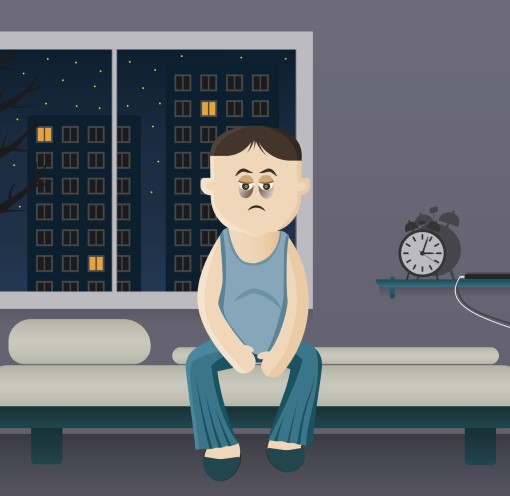
14 Things worth a try if you’re feeling too lonely to sleep
By Jason Wooden, PhD and Kristal McKinney, LICSW, CMHS | May 15, 2021
Stress, anxiety, and depression from loneliness can make it hard to sleep. Loneliness is also linked to fragmented sleep and excessive stress hormones which may disrupt the body’s sleep-wake cycles.
If you’re too lonely to sleep, you should avoid any activities that can make the transition to sleep harder. Your options include changing your evening routine, light reading, music therapy, journaling, creative activities, and various other remedies.
You’re likely not the only one too lonely to sleep at night
Lying in bed late at night wishing things were different and feeling too lonely to sleep can be a bummer.
It’s hard to drift off to sleep when your mind is racing or you’re feeling down.
If you’ve been fighting loneliness and finding it hard to drift off to a blissful sleep, you’re likely not the only one.
According to a recent survey, more than three in five adults in the US are lonely. Worldwide, another survey in 2020 found that nearly half of adults say they feel lonely on a regular basis.
That’s a lot of people.
Loneliness can be defined as a state of distress from a feeling of being alone. It arises from a perceived gap between someone’s desire for connection and their actual experiences.
There are many reasons people can feel lonely at night and unable to sleep, but among the more common issues are:
- being single
- away from family and friends
- a change in social environment
- not used to sleeping alone
- worried about safety
- breakup or conflict in a romantic relationship
- loss of a spouse or partner
Loneliness can even happen when you’re surrounded by people. Again, it’s just a perceived lack of connection.
On any given night, one in three adults struggle with insomnia and loneliness is bound to be factor for some.
Why does it make it so hard to fall asleep?
Is it simply that you’re just feeling down?
Let’s take a look at what it actually does to sleep and some practical things you can do for those nights you’re feeling too lonely to sleep.
The surprising ways loneliness affects sleep
Researchers are still teasing out the things loneliness does to sleep, but they are learning some things:
Stress and anxiety from loneliness can make it harder to sleep
Loneliness can certainly be stressful and cause anxiety, two common issues for sleep. It’s hard to drift off to sleep when you’re all wound up or your mind is racing.
As you get more and more stressed out, your body may turn on the fight-or-flight response and pump out stress hormones designed to get you in a heightened state of arousals.
That’s why stress and anxiety is so bad at night – it’s makes it harder to fall asleep AND harder to stay asleep throughout the night.
What’s worse is if you’re overstressed on an ongoing basis. This can drive up the amount of stress hormones your body pumps out and muck up your body’s normal sleep-wake cycles.
Those extra hormones are also bad for your body in other ways as they can play into health issues that affect sleep such as weight gain, insulin resistance, pain, sleep apnea, and heart disease. And let’s not forget how stress can weaken your immune system.
Loneliness is linked to fragmented sleep
Studies have found that the lonelier people feel the more their sleep is fragmented or broken up during the night.
These awakenings can affect the amount of deep restful sleep you get, leaving you feeling in the morning as if you didn’t sleep at all.
Loneliness can leave you feeling depressed which is also bad for sleep
It’s likely not a surprise that loneliness is linked to higher rates of anxiety and depression.
Unfortunately, depression and sleep problems are closely linked. In fact, 75 percent of adult patients fighting depression also have trouble falling asleep and staying awake.
So, depression can lead to poor sleep.
And poor sleep unfortunately increases your risk for insomnia.
If you’re not careful, you can get into a downward spiral.
What to avoid when you’re feeling too lonely to sleep
If you’re struggling with loneliness and sleep, it’s important to avoid doing anything that can make things worse.
We’ve talked about how hard stress, anxiety, and depression are on sleep.
So, for starters, you want to avoid spinning your wheels thinking about your loneliness. As simple as it sounds, you want to shift your focus from loneliness and depressing thoughts to things that can aid the transition to sleep.
You also need to be careful how you pass the time. Some activities can actually make it harder to fall asleep.
Some things you want to avoid are:
- anything too stimulating
- foods that interfere with sleep such as caffeinated beverages, alcohol, and unhealthy snacks
- bright electronic screens (TVs, tablets, smartphone)
- binging on TV, YouTube, and social media
- sad or depressing content on TV, online, or music
YouTube and social media are especially dangerous since they’re so addictive and it’s so easy to be taken down endless rabbit holes.
14 remedies worth a try if you’re too lonely to sleep
Okay, we finally get to the good news – there’s plenty of things that can help if you’re feeling too lonely to sleep.
Regardless of why it’s happening to you, you’re not the only one and there’s a wide range of remedies to mix and match:

1) Have a great pre-bedtime routine
The goal of what you do during the evening is to prepare your mind and body for sleep. That makes it important to allow time for you to transition from the stress and worries of the day so that you’re as relaxed as possible at bedtime.
We’ve already talked about how doing the wrongs can make this transition harder. So, structure your evening with relaxing activities that will keep you busy and keep your mind off of loneliness such as a funny movie.
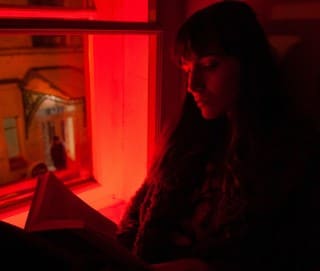
2) Light reading
Reading can take your mind off things, be sure to avoid those page turners that can keep you up too late.
Look for something fun or inspirational.
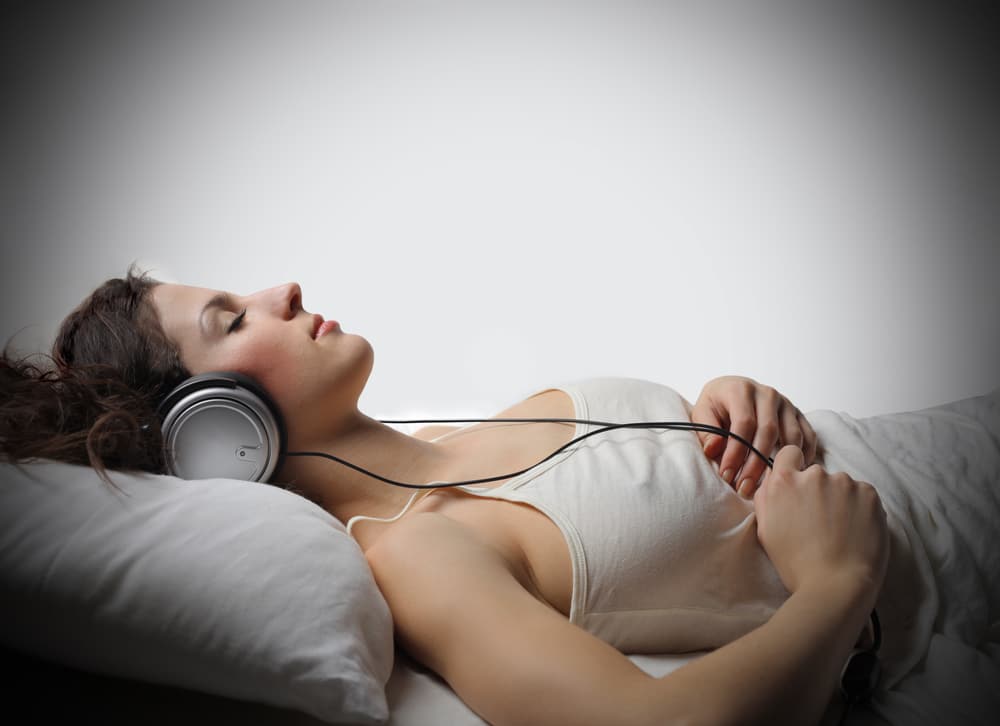
3) Music
Listen to something relaxing, whether it’s classical or something else. Avoid those heart pumping tunes…
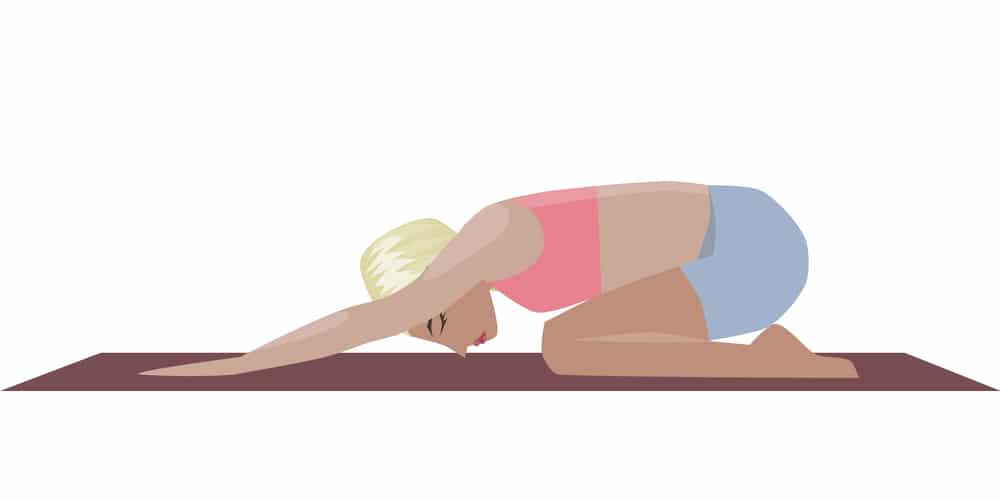
4) Light stretching
Try a little light yoga or some other gentle body stretching. Relaxing the body often helps relax the mind.

5) Relaxing bath
A warm soak in the bath tub or hot shower can take your mind off things and help you wind down.

6) Work on a puzzle
Puzzles are a great way to get your mind off of things.

7) Try a hand of solitaire
Like puzzles, a quick game can be the perfect card trick for your sleep.

8) Prayer
Like meditation, a little quiet evening prayer can occupy and calm the mind.

9) Journaling
Reflect and write down the events and thoughts of the day. Be sure to include the things you’re grateful for.
It’s hard to feel down when there’s lots to be thankful for.
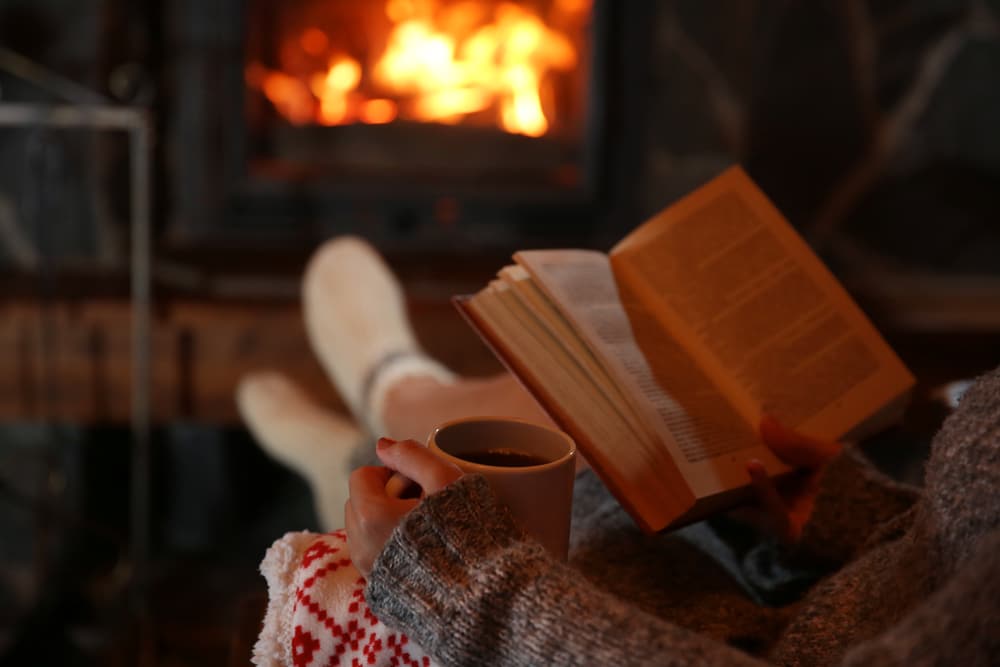
10) Chill out by the fireplace
I’m don’t know what’s so relaxing about watching those flames, but it’s a time tested way to de-stress at night.

11) Write a pen pal
Connecting with other people can take your mind off your own loneliness. Writing a letter to brighten up someone else’s life can enrich yours too.

12) Get a pet
The companionship and affection of a pet may be just what’s needed. Research suggest that pets can help with stress, anxiety, depression, and loneliness.
If a dog or cat is too much for you to take on, fish tanks been shown to provide mental health benefits.

13) Do something creative
Engaging your creative side can be fun and relaxing. Try your hand at writing stories, poetry, or drawing.
Learn more:
Creative writing for stress (Thrive Global)
How to Relieve Stress With Art Therapy (Verywell)
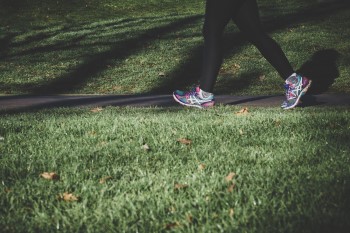
14) Get yourself really tired
When you’re physically tired it can make it easier to fall asleep. Try a long walk earlier in the evening or a work out at the gym during the day.
Studies have shown that physical activity can help people fall asleep faster, improve sleep quality, and help people sleep longer. Exercise is also great for stress, anxiety, and depression.
Which of these remedies you decide to do will depend on your personal preferences. And it’s likely you’ll do more than one for better results.
Regardless, it’s important to show yourself some compassion on your journey to better nights. Beating yourself up with guilt for your current situation can worsen your mood and make the journey tougher.
Your sleep isn’t the only thing at risk from loneliness
There’s a lot more at stake than you realize when it comes to loneliness. Insomnia isn’t the only thing that can happen when people are feeling lonely.
I’ve already mentioned the link to mental health challenges such as anxiety and depression.
Chronic loneliness may also increase your risk for other serious health issues such:
- diabetes
- heart disease
- high blood pressure
- dementia
- substance abuse
This all makes it really important to do something if you’re really struggling with loneliness.
Is it just loneliness and poor sleep?
If you’re constantly struggling with loneliness and insomnia, there may be more going on than you think.
Maybe it’s not just what you’re thinking…
Why is it you’re feeling lonely and isolated?
Have you tried everything you can to be connected, including reality testing around beliefs about loneliness?
(Remember, loneliness is a perceived lack of connection.)
There are lots of ways you can connect with people whether it’s joining a book club, volunteering, starting a new hobby, joining a meetup group, or participating in community events.
Unfortunately, when we’re lonely we may think the worst and expect the worst for future social interactions.
Too often, attitudes, habits, and associations based on past experiences can be at play.
The good news is that counseling can help identify and change thoughts and behaviors that may be making things worse.
The other things besides loneliness that could be hurting your sleep
The truth is loneliness may not be the only issue for your sleep. Unfortunately, there’s a long list of things that can cause or worsen sleep problems.
And sometimes you can do things for your sleep that don’t address the underlying issues.
This makes it important to practice good sleep hygiene, the everyday habits that set the stage for deep restful sleep. Poor sleep hygiene can sabotage everything else you do for your sleep.
For better sleep hygiene, you should:
- keep consistent wake up & sleep times
- avoid naps
- exercise during the day
- avoid large meals, alcohol, or stimulants such as
- caffeine before bedtime
- maintain a regular bedtime routine
- avoid using TVs, laptops, or other electronics before sleep
- keep your bedroom dark, cool, quiet, & relaxing
It’s also important to see a doctor, especially if your insomnia becomes a long-term problem.
Too many people are unaware how many other medical issues can cause problems or worsen sleep. This includes things like chronic pain, heartburn, cancer, dementia, and asthma.
You could also be living with an undiagnosed sleep disorder such as sleep apnea.
Sources:
1. “Loneliness is at Epidemic Levels in America”, Cigna.com
2. “Ford’s 2020 Global Trend Report reveals loneliness as epidemic”, 2019, campaignlive.com
3. “Loneliness”, psychologytoday.com
4. “Talking Points”, World Sleep Society website
5. “The Effects of Cortisol on Your Sleep”, 2020, psychologytoday.com
6. “Stress Weakens the Immune System”, American Psychological Association website
7. “How lonely you are may impact how well you sleep, research shows”, 2011, American Academy of Sleep Medicine website
8. “Loneliness and Social Isolation Linked to Serious Health Conditions”, CDC website
9. “Depression and Sleep”, sleepfoundation.org/
10. “Exercise and Insomnia”, 2020, sleepfoundation.org
11. “Signs and Symptoms of Chronic Loneliness”, 2019, Cigna.com
Connect with us:
About Us
Better Sleep Simplified® was founded as a place for you to get clear and well-researched information.
Our goal is to make sure you know about your options so that you take action sooner rather than later.
Check us out on YouTube:
Watch and Learn
Helpful sleep tips, interesting sleep facts and statistics you want to know about
Affiliate Disclosure
This site is a participant in the Amazon Services LLC Associates Program and other affiliate advertising programs designed to provide a means for sites to earn advertising fees by advertising and linking to them.
Important: BetterSleepSimplified.com is for informational purposes only and is not intended or implied to be a substitute for professional medical advice, diagnosis, or treatment. Always consult a physician for sleep and health concerns. See additional information.
